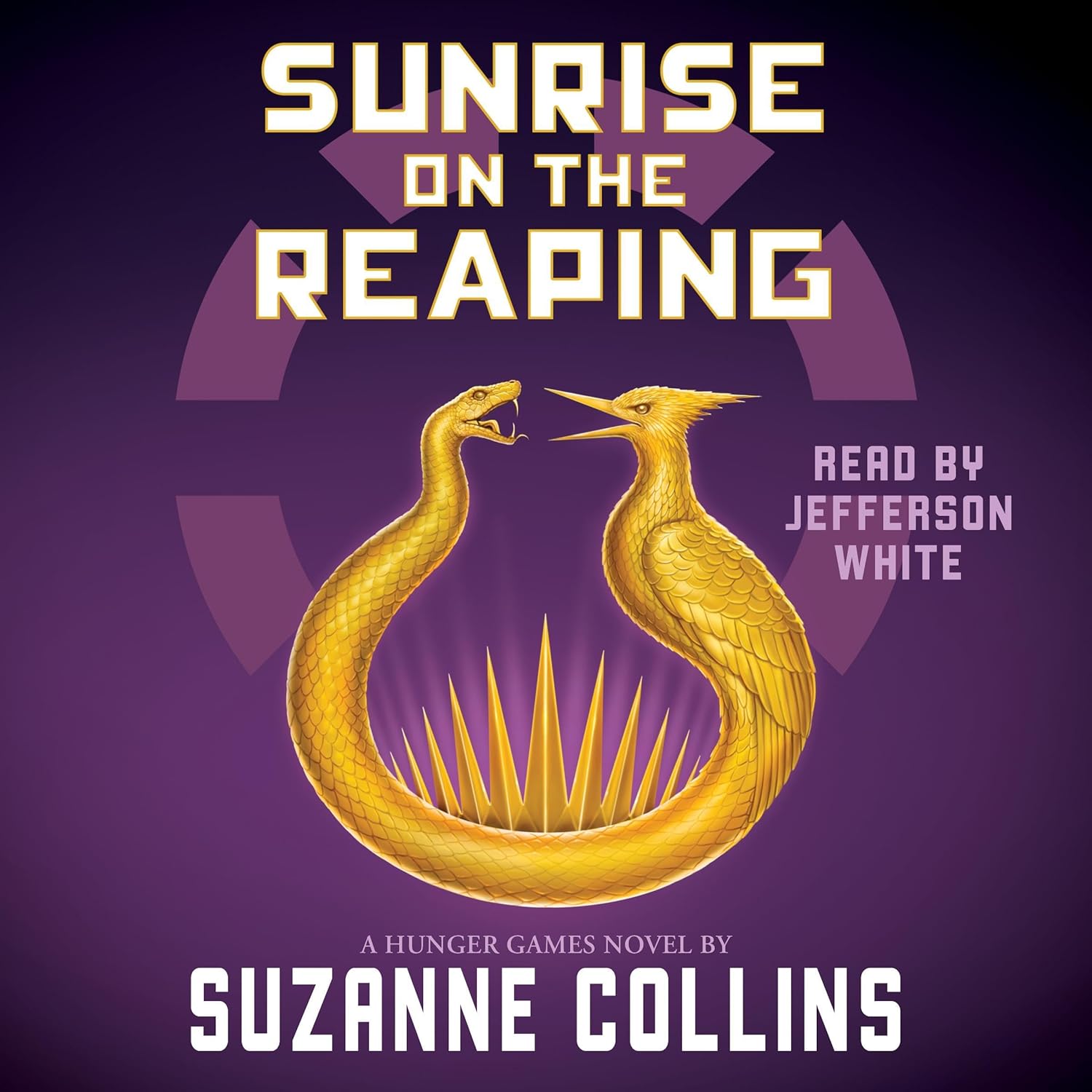[toc]
hunger games privilege survival and the reaping
Sunrise on the Reaping (A Hunger Games Novel) (The Hunger Games)
Page 37 Review
The Hunger Games: A Commentary on Privilege and Survival
The excerpt provided from The Hunger Games offers a glimpse into the brutal selection process known as the Reaping, highlighting themes of social inequality, privilege, and the psychological impact of a dystopian society.
Let’s delve into the key aspects of this passage.
The Shock of Maysilee Donner
“And this year, ladies second as well!
Joining Louella will be . . .
Maysilee Donner!” This announcement is met with surprise rather than anger, a stark contrast to the expected reaction.
The reason?
Maysilee Donner is not from the Seam, the impoverished district of District 12.
Instead, she’s “a purebred town girl and about as highfalutin as they come, what with the Donners being merchants.” This immediately underscores the rarity of a tribute being selected from the privileged town section.
Privilege vs.
Necessity
The narrator notes, “Town kids are rarely tributes because they don’t generally have tesserae like those in the Seam.” Tesserae are crucial for survival in the Seam, representing a child’s voluntary addition to the Reaping pool in exchange for extra rations of grain and oil.
The fact that town children don’t need tesserae underscores the disparity in resources and life opportunities between the two social classes.
Maysilee’s selection is shocking because it disrupts the assumed order, where the poor are disproportionately sacrificed.
Relief and Respite for Some
The narrator’s internal monologue reveals the emotional toll of the Reaping: “My eyes find Lenore Dove’s, and all I can think is, It’s not you.
At least, not for another year.
You’re safe.” This moment highlights the temporary relief experienced by those whose names are not called.
It’s a reprieve, not a permanent escape, demonstrating the pervasive fear that hangs over everyone during the Reaping.
The phrase “not for another year” is telling, suggesting the inevitability of facing the same terror again.
A Mask of Confidence
Maysilee’s reaction to her selection is carefully constructed: “In the girls’ pen, Maysilee’s gripping Asterid’s hand while a weeping Merrilee embraces her, their three blond heads pressed in a tight knot.
Then Maysilee carefully disengages herself and smooths her dress, which is identical to her twin’s pink one, only a shade of lavender.
She pretty much always has her nose in the air, but she holds it extra high as she walks to the stage.” Despite the inherent fear and uncertainty, Maysilee maintains an outward appearance of composure, smoothing her dress and holding her head high.
This performance of confidence may be a defense mechanism, a way to cope with the unimaginable horror she is about to face.
The detail about her dress being identical to her twin’s, but in a different shade, subtly emphasizes her privileged background and the effort to maintain a sense of normalcy in the face of chaos.
Wyatt Callow and the Missing Generation
“And the first gentleman who gets to accompany the ladies is . . .
Wyatt Callow!” Wyatt’s selection presents a contrasting image. “I haven’t seen Wyatt Callow around school for a while, which probably means he hit eighteen and started in the mines.” He is likely an older boy forced into dangerous labor in the mines, highlighting the limited opportunities available to young men in District 12.
His absence from school underscores the pressure to contribute to his family’s survival, a stark difference from the sheltered life likely enjoyed by Maysilee Donner.
The phrase “started in the mines” subtly suggests a loss of hope and a premature entry into adulthood.
Themes of Social Commentary
This passage encapsulates several crucial themes within The Hunger Games.
It demonstrates the arbitrary nature of the Reaping, where fate and circumstance play a significant role.
It also reveals the deep-seated social inequalities that permeate Panem, where the wealthy are shielded from the worst aspects of the Games while the poor are systematically exploited and sacrificed.
The individual reactions of the characters, from the narrator’s relief to Maysilee’s stoic demeanor, highlight the psychological impact of living under constant threat.
Collins crafts a compelling narrative that forces readers to confront uncomfortable truths about privilege, survival, and the human cost of oppressive systems.
Conclusion
The excerpt effectively establishes the high stakes of the Hunger Games and the complex social dynamics at play within District 12.
It serves as a powerful introduction to the themes of inequality, fear, and the resilience of the human spirit that will be explored throughout the novel.
Buy full ebook for only $15: https://www.lulu.com/shop/suzanne-collins/sunrise-on-the-reaping-a-hunger-games-novel-the-hunger-games/ebook/product-e7496ww.html?page=1&pageSize=4

